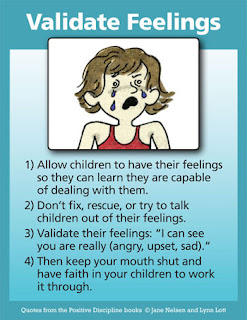Once again, I get to share about how fortunate I was to be raised learning that “Mistakes are Wonderful Opportunities to Learn.”
Throughout my childhood we always celebrated our mistakes. (At the time, I thought that’s what everyone did). My parents taught me that life is about learning lessons and when we make mistakes, we can either learn from them or continue to make the same mistakes until we do finally learn. I think we can all relate to a painful mistake that we’ve made in our life, which usually ends up being the most valuable opportunity to learn. It wasn’t until I moved out and went to college that I experienced how often people don’t like to admit that they’re wrong, imperfect, or that they made a mistake.
As a mother of two young boys, I have the opportunity to make mistakes sometimes daily. Even though I am a practicing Positive Discipline Mother, I am still a human being that “flips my lid.” Luckily I have kids that are truly forgiving and have no problem accepting me while I continue to learn and grow with me every time I make mistakes.
Every night when I tuck my boys into bed, we end our day with our happiest, saddest, and mistakes. We each share out happiest part of our day, our saddest part of our day, and finally, what mistakes did we make today? Then we go on to say what we learned from them. What an advantage to learn from each other and continue the ongoing message of unconditional love and support.
As a parent, I feel grateful to be able to celebrate being imperfect and role modeling for my children that its okay to be who they are—mistakes and all.



